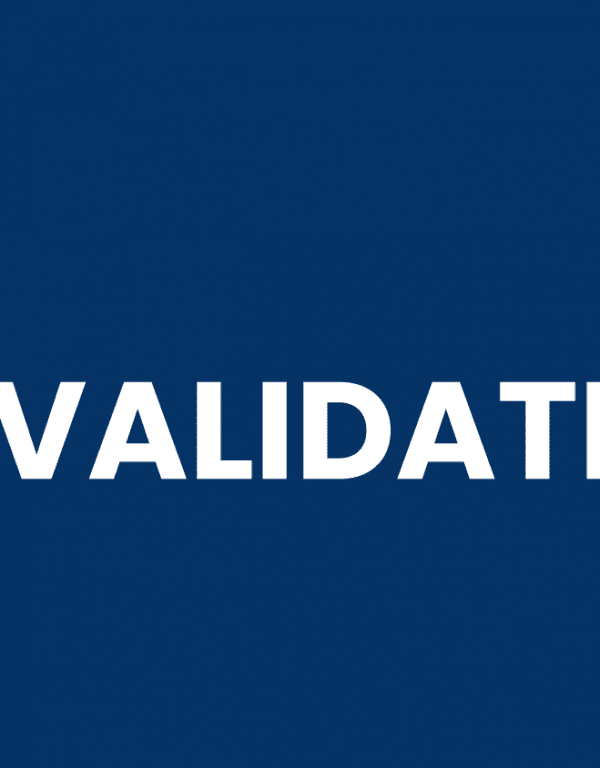One of the key discussion topics at the “Using PR and Social Media to Generate Buzz for Your Startup,” sponsored by New England Venture Network (and co-sponsored by Birnbach Communications) was the use of exclusives to give a select reporter or group of reporters an advanced look at news that their competitors will get once the news is made public.
Though the panel was comprised of mixture of print and online, there were two distinct and contrasting viewpoints on whether or not companies should use exclusives. Blogger Paul Gillin, and Fortune.com’s Dan Primack had very different perspectives.
Here’s a rough play-by-play of the conversation about exclusives:
Gillin: Don’t think in terms of exclusives. Nobody cares now… The news is picked up by everyone, and people quickly forget who actually ‘broke’ a story. Don’t play favorites. I’ve never liked exclusives, and I like them even less now…
Primack: If you want to guarantee that someone writes more than a blurb, give ‘em an exclusive.
Galen Moore: It’s not a scoop when you get the release half an hour before everyone else.
Primack: If I care about it, if you want to get the story written, you need to kiss my ass — I mean that in a good way (to get me to write about your news).
Gillin: Are we even that important anymore? You can take message directly to public. The media is less important to public. Companies now have the capacity to influence from the bottom up.
Moore: With some, getting an exclusive is a validation point.
Primack: (One of the questions I ask is) Did they get it (the news) to me in time? If you’re going to put out news, you have to make available the person who the news is about. (It happens a lot more often than it should that the person who can speak about the news is not available on the day the news is released.)
For more insight into Gillin’s and Primack’s perspective on exclusives, check out their blogs:
- “Are Exclusives a Good Idea? In a Word: No” by Paul Gillin
- “How and when to give a media ‘exclusive’” by Dan Primack



